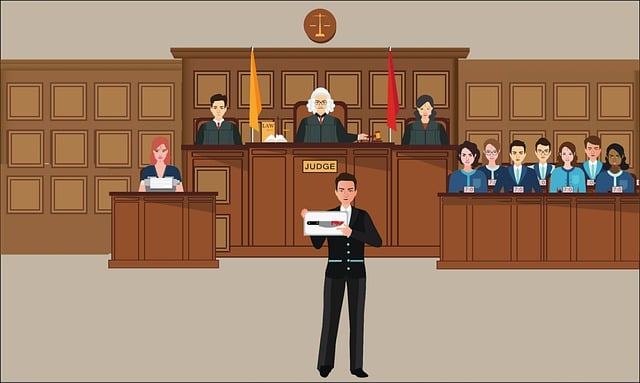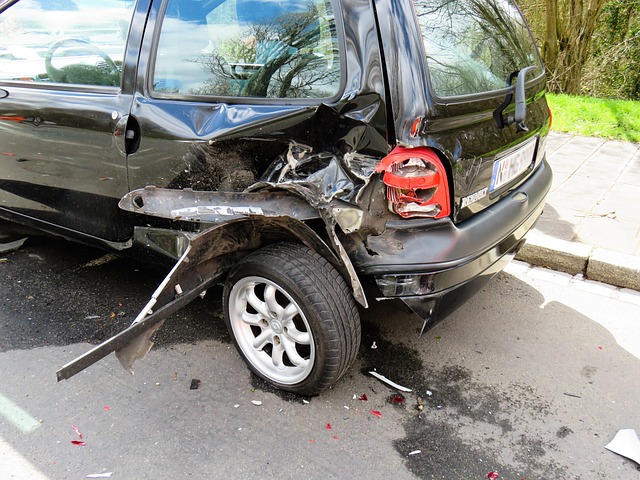When an accident claim is denied, review the denial letter for specific reasons like policy exclusions or lack of evidence. Gather relevant evidence such as medical reports, witness statements, and supporting documents. Organize this information into a clear narrative to present a compelling case. Submit a formal appeal within the timeframe, follow up proactively, and consider hiring a lawyer for complex cases.
Did your accident claim get denied? Don’t lose hope. Understanding why your claim was denied is crucial, as it guides your next steps. This article equips you with the tools to navigate the appeals process effectively. First, decipher the denial reason and gather compelling evidence. Next, craft a robust appeal that clearly presents your case. Finally, ensure timely submission and proactive follow-up. By following these strategies, increase your chances of securing the compensation you deserve for your accident claim.
- Understand the Denial Reason: Analyze and Gather Evidence
- Prepare a Strong Appeal: Present Your Case Effectively
- Navigate the Appeals Process: Timely Submission and Follow-up
Understand the Denial Reason: Analyze and Gather Evidence

When an accident claim is denied, it’s crucial to take a step back and thoroughly understand the reason behind the decision. Insurance companies often deny claims based on specific criteria such as policy exclusions, lack of evidence, or questionable circumstances. By reviewing the denial letter, you can identify the key factors that led to the rejection. This knowledge will guide your next steps in building a stronger case.
Gathering compelling evidence is essential to support your appeal. Collect all relevant documents, including medical records, police reports, witness statements, and photographs. In cases of contract disputes, ensure the terms and conditions are clearly understood and any violations documented. For instances of medical malpractice or nursing home abuse, obtain expert opinions and detailed reports to strengthen your argument. Analyze and organize these materials to create a compelling narrative that highlights the validity of your claim.
Prepare a Strong Appeal: Present Your Case Effectively

When preparing to appeal a denied accident claim, it’s crucial to build a compelling argument that showcases why the initial decision was incorrect. Start by gathering all relevant evidence – medical reports, witness statements, and any documents that support your version of events – to present a clear and concise narrative. Organize these materials in a logical sequence, ensuring each piece contributes to strengthening your case.
Remember, the goal is not just to dispute the denial but to demonstrate how the accident occurred, who was at fault, and the extent of any resulting injuries or damages. Clearly articulate any legal grounds for appeal, such as a breach of contract if the accident happened on someone else’s property due to their negligence. Similarly, cases involving nursing home abuse or caregiver abuse may have specific regulations and standards of care that can be invoked to bolster your claim. Presenting your case effectively involves using this evidence strategically to convince the appeals body that your initial claim was rightful and should be reconsidered.
Navigate the Appeals Process: Timely Submission and Follow-up

Navigating the appeals process for your denied accident claim is a crucial step to ensuring justice and fair compensation. The first order of business is to submit a formal appeal within the stipulated timeframe, which varies by jurisdiction but is typically within 30 days of receiving the denial notice. This timely submission is paramount as missing the deadline can bar your right to appeal.
Once your appeal is filed, staying proactive through diligent follow-up is essential. Regularly check in with your insurance provider or the relevant authority to ensure your appeal is being processed. Engaging a qualified car accident lawyer can also be beneficial, especially in complex cases involving commercial disputes or real estate disputes, where legal expertise can guide you through intricate procedures and increase the chances of a favorable outcome.
Appealing a denied accident claim can seem daunting, but with a thorough understanding of the process and compelling evidence, you can significantly improve your chances of success. By carefully analyzing the denial reason, gathering relevant documentation, preparing a well-structured appeal, and navigating the process with timely submission and persistent follow-up, you’ll be better positioned to secure the compensation you deserve for your accident claim.




